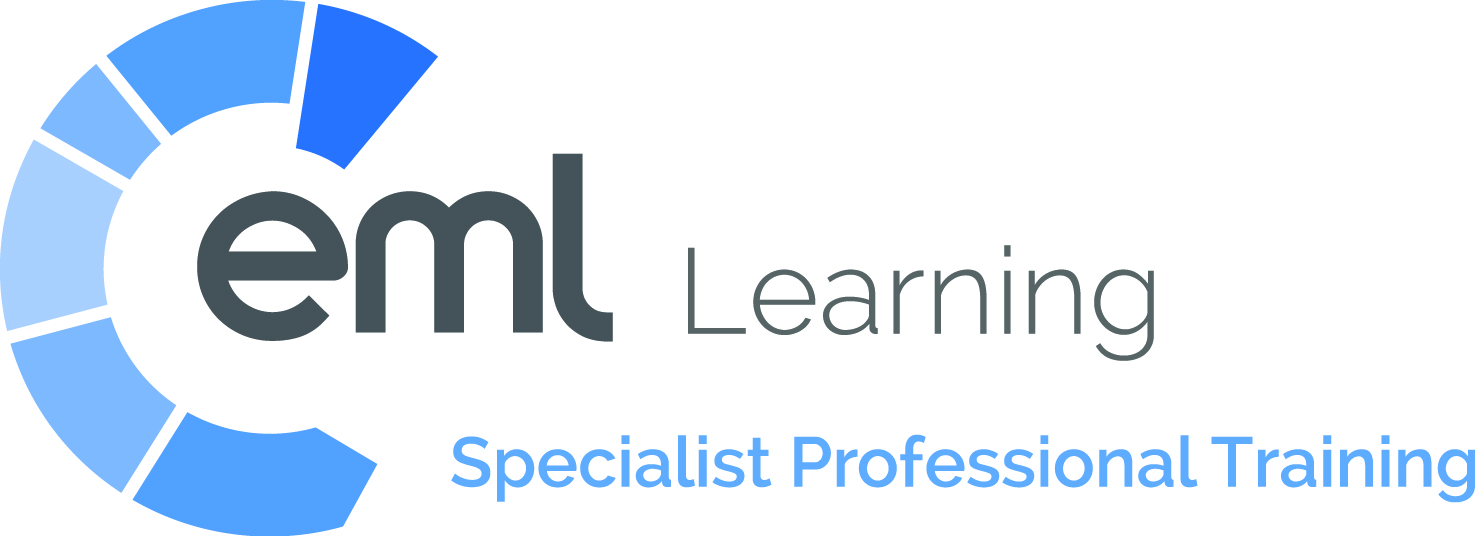Course Quick Facts Course Facts
Summary Summary
This two day programme provides a comprehensive introduction to STATA and enables participants to practice application of the issues covered. As a result, delegates will understand (i) the theory behind particular quantitative (mainly econometric) techniques and (ii) how to physically code these into STATA and understand its outputs.
Location Location
Central London
Course Details Info
|
1. Introduction: Don’t skip the descriptives |
|
|
|
2. STATA Introduction: Setting up STATA, loading data, browsing and modifying data, .do files, .ado files and .log files · Customising STATA · Using help · Updating STATA · Using the log function and .do files · STATA journal & Google
Break at appropriate point |
|
|
|
3. STATA Data Management: Working with data in STATA: Organising and working with data · Taking a first look and the basics · Data management · Data transformations |
|
|
|
Lunch |
|
|
|
4. STATA Descriptives Statistics: Getting to know the data. Finding problems beforehand. Survey data and weights · Descriptive statistics · Visual inspection of data (graphing) · Using weights |
|
|
|
5. Lecture: Introducing the two-variable regression model and Ordinary Least Squares |
|
|
|
Break at appropriate point |
|
|
|
6. STATA Regression: OLS in STATA with diagnostics. Common problems in OLS · OLS and interpretation · Diagnostics · Functional Form (log-linear models) · Heteroskedasticity and multicollinearity · Clustering |
|
7. Introduction: Omitted variable bias and Instrumental Variable (IV) methods |
|
|
|
8. STATA IV Estimation: Omitted variable bias and Instrumental Variable methods · Simulating omitted variable bias · Using IV methods · Diagnostics
Break at appropriate point |
|
|
|
9. Lecture: Categorical choice methods |
|
|
|
Lunch |
|
|
|
10. SATA Categorical Choice Models: Binary outcome models, Ordered choice models and Multinomial models · Logit / Probit · Interpretation of coefficients · Diagnostics · Ordered logit / probit and Multinomial logit · Parallel regression assumption and IIA
Break at appropriate point |
|
|
|
11. Individual Requests: Individuals are requested to bring details of their own projects to the sessions, and this final section will be explicitly given to provide advice and guidance |
